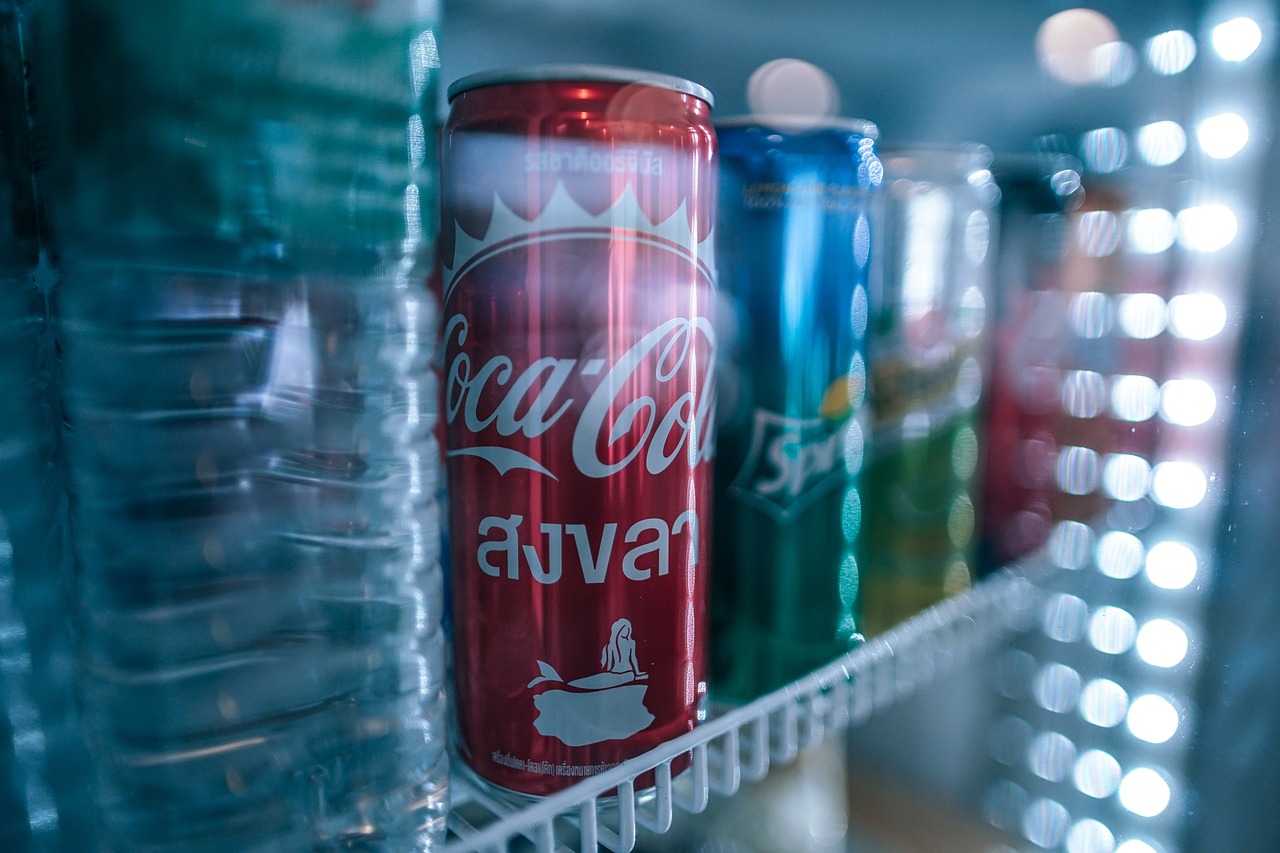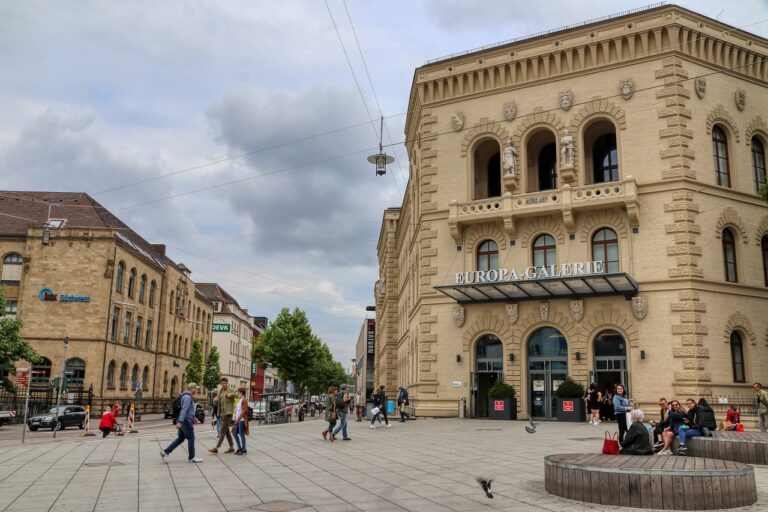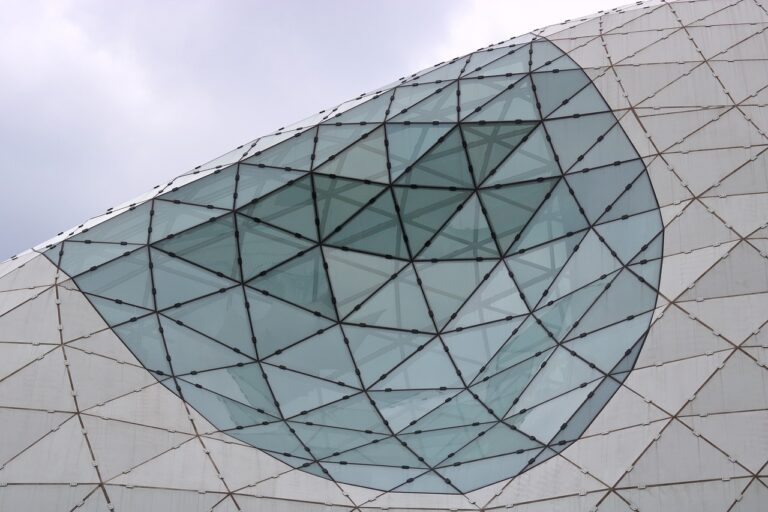The Impact of Fashion Week Diversity Initiatives on Industry Representation
In recent years, the fashion industry has made strides in promoting diversity and inclusion during Fashion Weeks worldwide. Brands and designers are increasingly recognizing the importance of showcasing models from various ethnicities, body types, and backgrounds on the runway. These initiatives seek to challenge traditional beauty standards and celebrate the richness of diversity within the fashion community.
With calls for greater representation becoming more prevalent, many Fashion Weeks now feature runway shows that are more inclusive and representative of society as a whole. This shift towards diversity not only reflects a more accurate portrayal of the world we live in but also sends a powerful message about the industry’s commitment to embracing and celebrating differences.
Historical Lack of Representation in Fashion Industry
The lack of representation in the fashion industry has long been a topic of discussion and concern. For decades, the industry has been criticized for its limited inclusion of diverse voices and perspectives. From runways to advertising campaigns, the portrayal of beauty and style has often been narrow and exclusive.
This historical lack of representation has resulted in a dearth of opportunities for individuals from marginalized communities in the fashion world. Models of color, plus-size models, and designers from diverse backgrounds have often faced significant barriers to entry and recognition in an industry that has predominantly celebrated a limited notion of beauty and style. While progress has been made in recent years, there is still much work to be done to ensure that the fashion industry truly reflects the rich tapestry of identities and experiences in today’s society.
What are some examples of Fashion Week Diversity Initiatives?
Some examples of Fashion Week Diversity Initiatives include runway shows featuring models of various ethnicities, body sizes, ages, and abilities.
Why has there been a historical lack of representation in the fashion industry?
The fashion industry has historically lacked representation due to systemic biases, beauty standards, and limited opportunities for marginalized communities.
How can the fashion industry improve representation moving forward?
The fashion industry can improve representation by actively seeking out diverse talent, promoting inclusivity in marketing campaigns, and supporting initiatives that prioritize diversity and equity.
What impact does lack of representation in the fashion industry have on society?
Lack of representation in the fashion industry can perpetuate harmful stereotypes, limit opportunities for marginalized communities, and contribute to a lack of diversity in mainstream media and culture.







